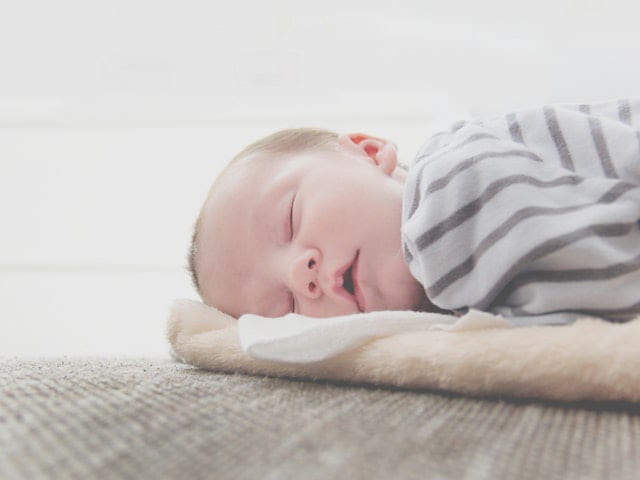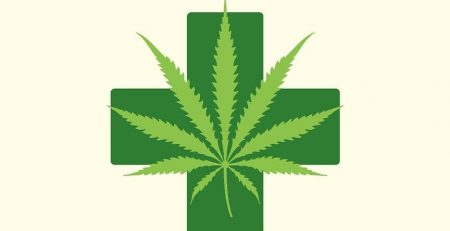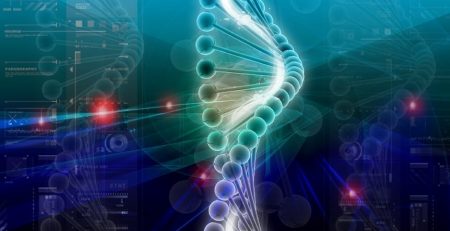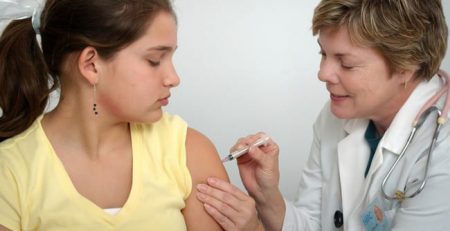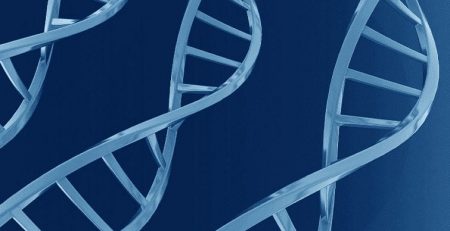How Much Sleep You Need May Depend on Your Genes
While some individuals may find it difficult to function without eight precious hours of shut eye, there are others who only need about half that to thrive. The difference, new research finds, is a mutation in a single gene.
According to research recently published a study in Neuron, Neurologists from the University of California, San Francisco (UCSF) found that a mutation in the ADRB1 gene affects neurons and their levels of activity in the region of the brain known to control stages of sleep.
“It’s remarkable that we know so little about sleep, given that the average person spends a third of their lives doing it,” Lois Ptáček, one of the study’s senior authors, said. “This research is an exciting new frontiers that allows us to dissect the complexity of circuits in the brain and the different types of neurons that contribute to sleep and wakefulness.”
This gene mutation was uncovered when the researchers observed the sleep patterns a family of naturally short sleepers who didn’t carry a mutation in their DEC2 genes – a gene previously determined to impact the amount of sleep an individual needs. Instead, they found the aforementioned ADRB1 mutation.
To test the impact of this mutation, they genetically engineered mice to carry the ADRB1 mutation and found that these mice slept an average of 55 minutes less than the control mice. They also found that the normal ADRB1 subjects experienced more neural activity during both wakefulness and REM sleep, but the mutated neurons were more active overall, likely contributing to short sleep behavior.
“Another way we confirmed the role of the protein was using optogenetics,” Ying-Hui Fu, the paper’s other senior author, explained. “When we used light to activate the ADRB1 neurons, the mice immediately woke up from sleep.”
Ptáček acknowledges that this study does have its limitations – for example, mice exhibit a more fragmented sleep pattern than humans – but he claims it’s challenging to study sleep in humans “because sleep is a behavior as well as a function of biology. We drink coffee and stay up late and do other things that go against our natural biological tendencies,” he said.
Ultimately, Fu hopes this work may eventually lead to the development of new types of drugs that help control wakefulness and sleep.”Sleep is one of the most important things we do,” she said. “Not enough sleep is linked to an increase in the incidence of many conditions, including cancer, autoimmune disorders, cardiovascular disease and Alzheimer’s.”




